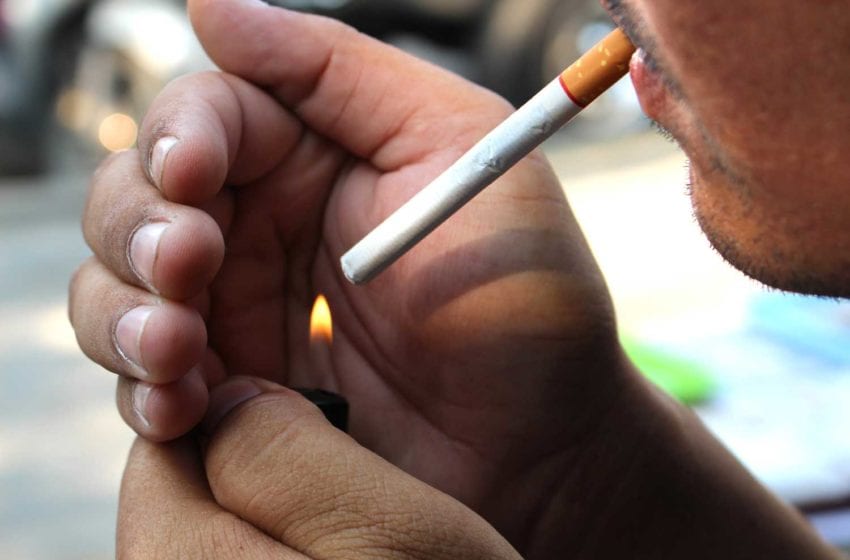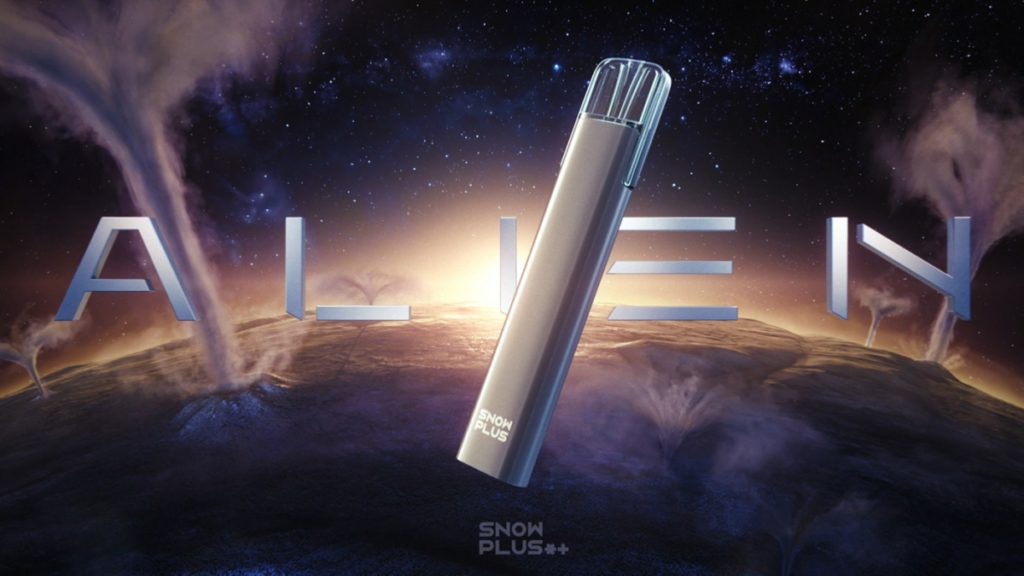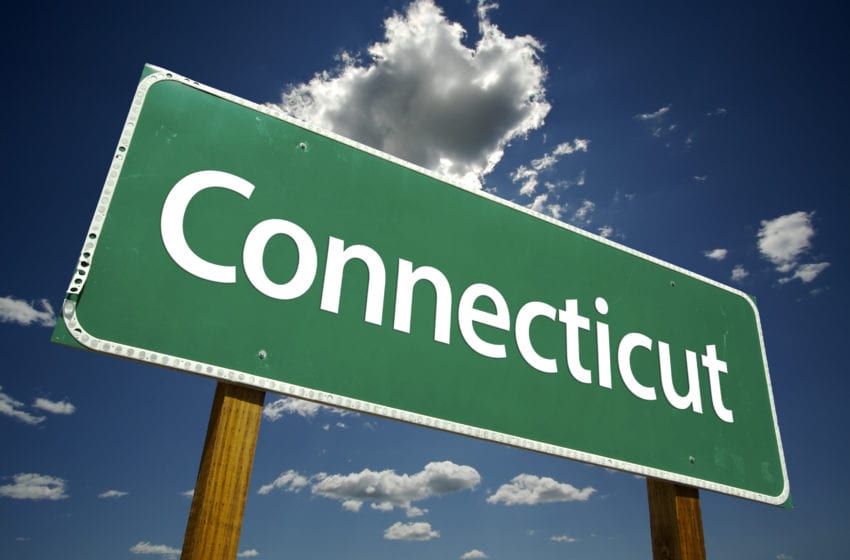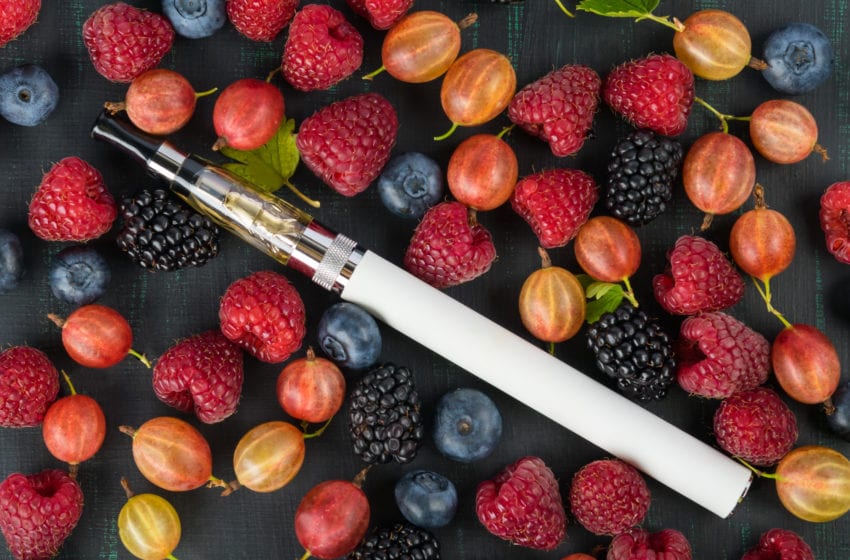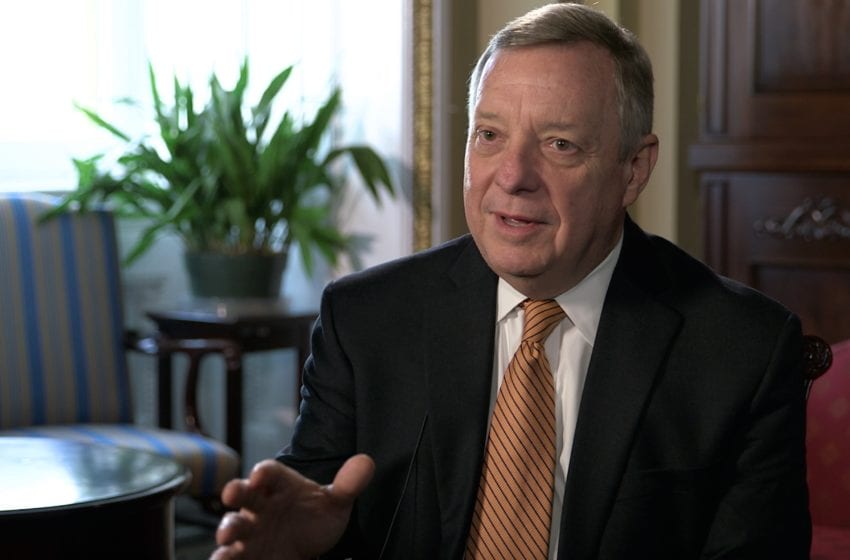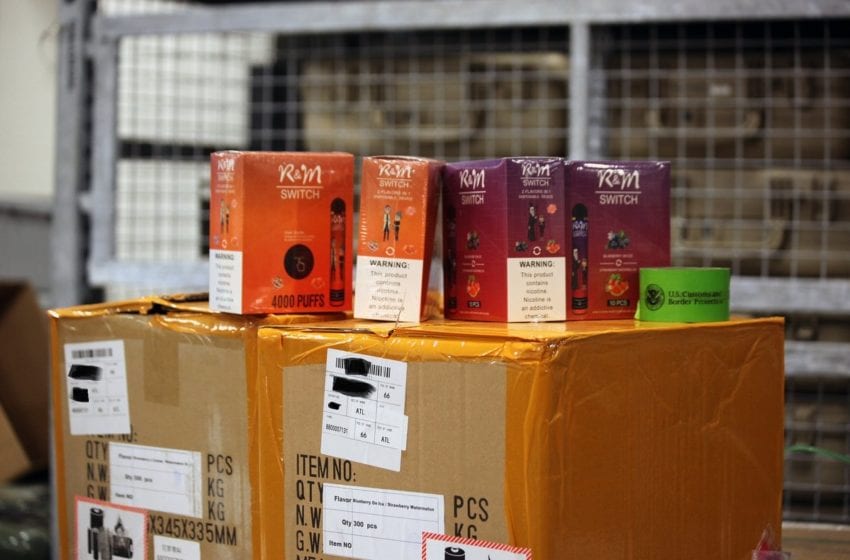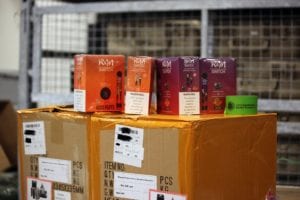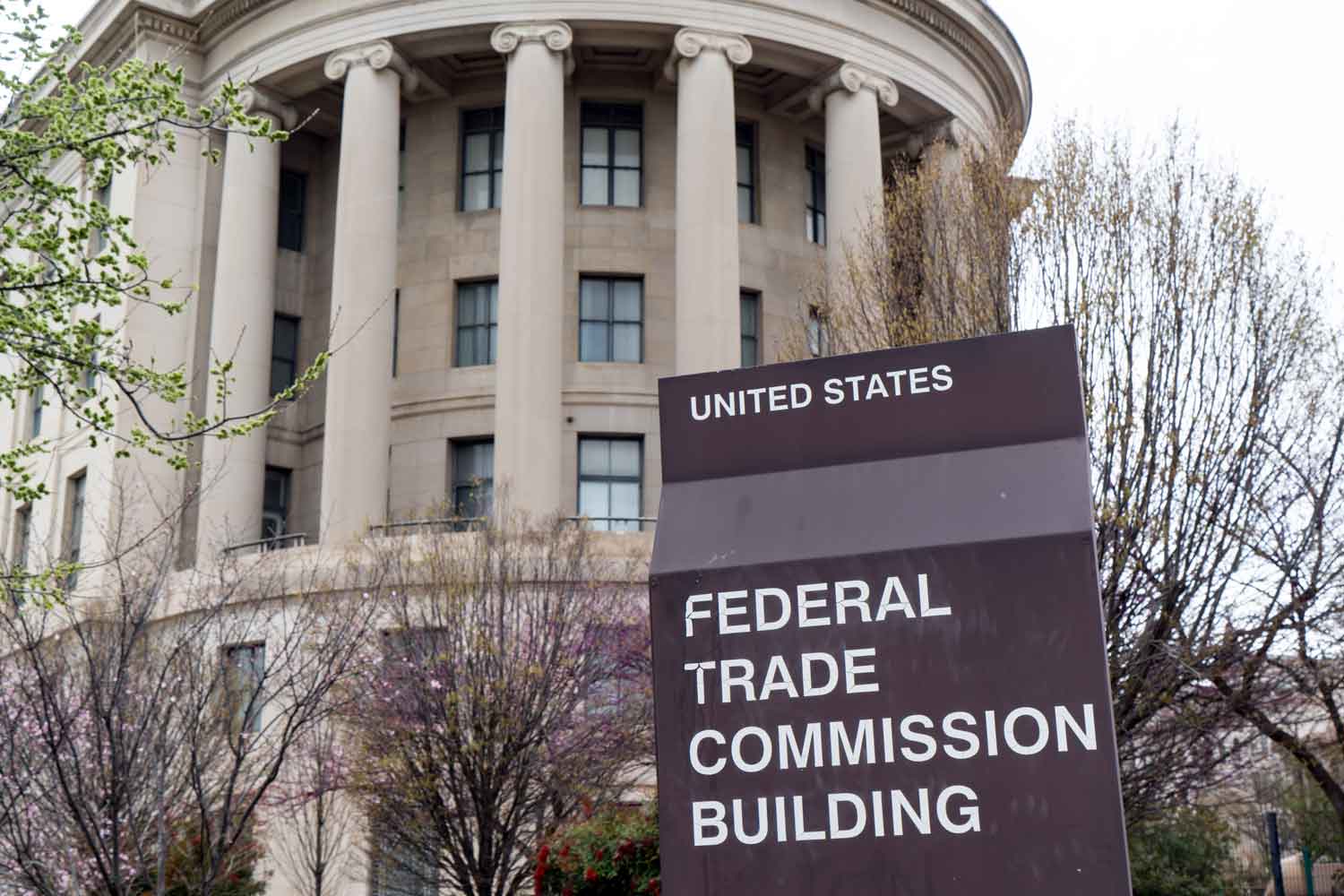A central Georgia vape shop is the latest business to be raided by authorities in relation to the sale of delta-8 THC products . Two store employees were charged as part of the crackdown. The proliferation of delta-8-THC products being sold outside dispensaries has prompted a patchwork of enforcement reactions and crackdowns in states with varied policies on cannabis, from South Carolina to Oregon.

The Newnan Times-Herald reports that Coweta County authorities were tipped off that the store called Tobacco & Vapor was illegally selling THC products. An undercover officer bought gummies from the store that failed THC testing. A search warrant was later executed and authorities seized 554 suspected delta-8-THC edibles and 616 suspected delta-8-THC products other than edibles.
Two of the store’s employees were charged with drug crimes including narcotics possession. Delta-8-THC is a molecule that exists rarely in the cannabis plant but can be easily synthesized from cannabinoids extracted from legal hemp, prompting confusion over its legality. Delta-8 is not specifically banned in Georgia. Delta-8 will also provide a positive result in testing as current tests used by law enforcement cannot differentiate between delta-8-THC and delta-9-THC (which is illegal federally and in Georgia).
While hemp itself is federally legal (at or less than 0.3 percent THC), each state has different laws and restrictions regarding byproducts derived from hemp, including Delta-8. No products containing Delta-8 have been tested by the U.S. Food and Drug Administration or are FDA-approved. The 2018 Farm Bill, which legalized hemp and its byproducts, explicitly excluded delta-9-THC, also known as simply THC, the compound that produces the typical marijuana “high.” But because of the bill’s loophole, delta-8 seemingly remains legal.
Twelve states have completely banned delta-8 sales specifically. Those states include Alaska, Arkansas, Arizona, Colorado, Delaware, Kentucky, Idaho, Iowa, Mississippi, Montana, Rhode Island and Utah. New York has a proposed rule to ban Delta-8 products, which is under a comment period until July 19. California, Oregon, Vermont and Washington are in the process of enacting regulations for delta-8 products. Several other states are also considering bans. Florida’s language concerning delta-8, however, allows for the legal sale of delta-8 in that state.
In order to prosecute a business or individual for selling or possessing delta-8 products, the government has to prove that you knowingly possessed or distributed a schedule I controlled substance, specifically THC or marijuana. Georgia officials have been cracking down on delta-8 sales over the last year. In May, local law enforcement in the metro-Atlanta area executed search warrants at several stores and a warehouse belonging to a small business owner who operates a chain of vape shops. Police seized several products that allegedly contain delta-8.




